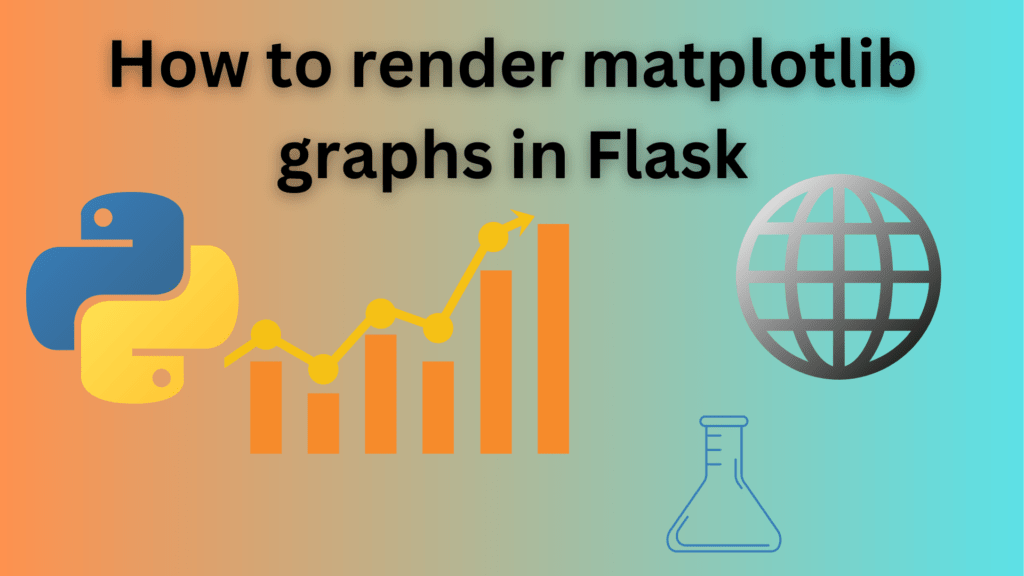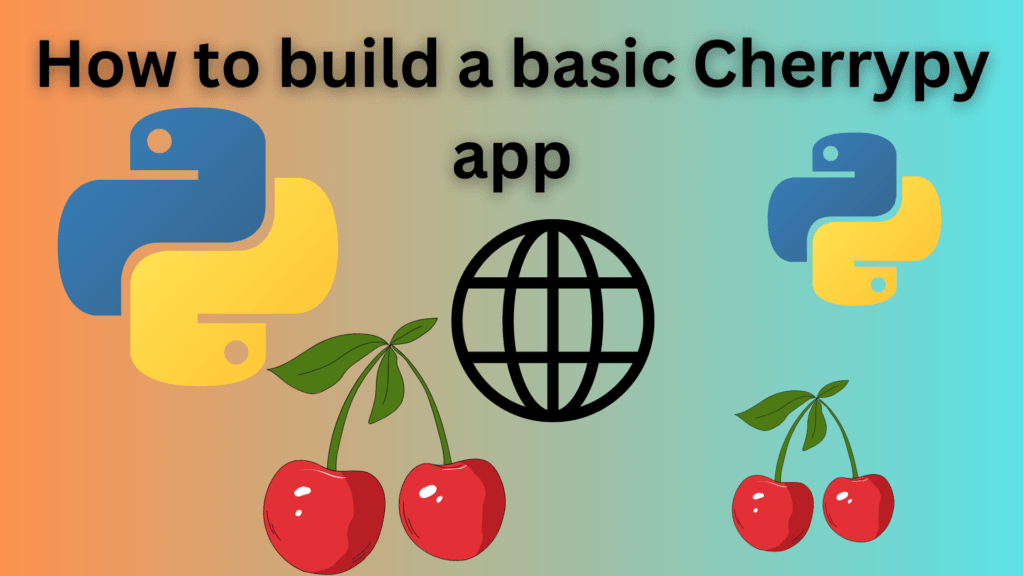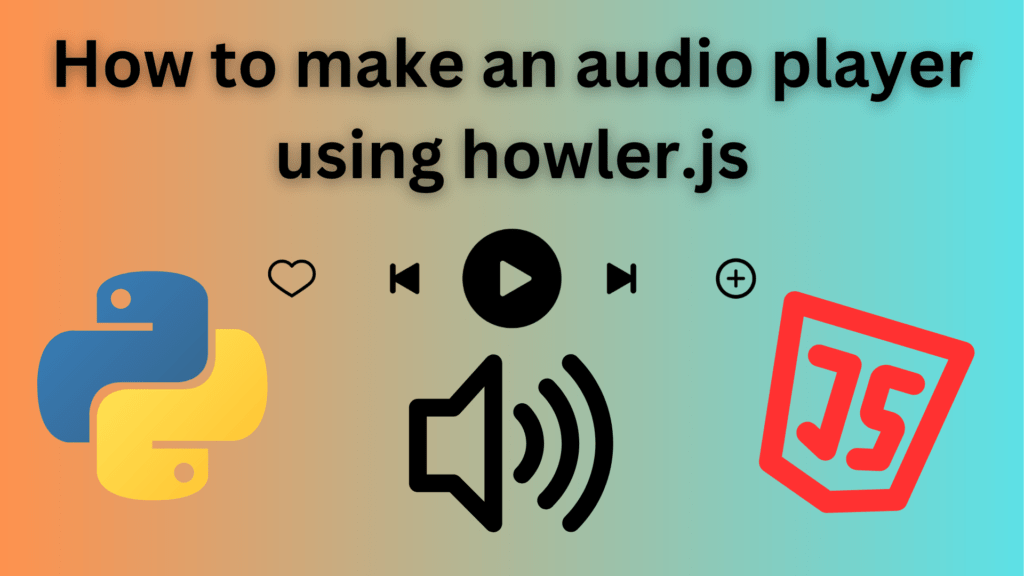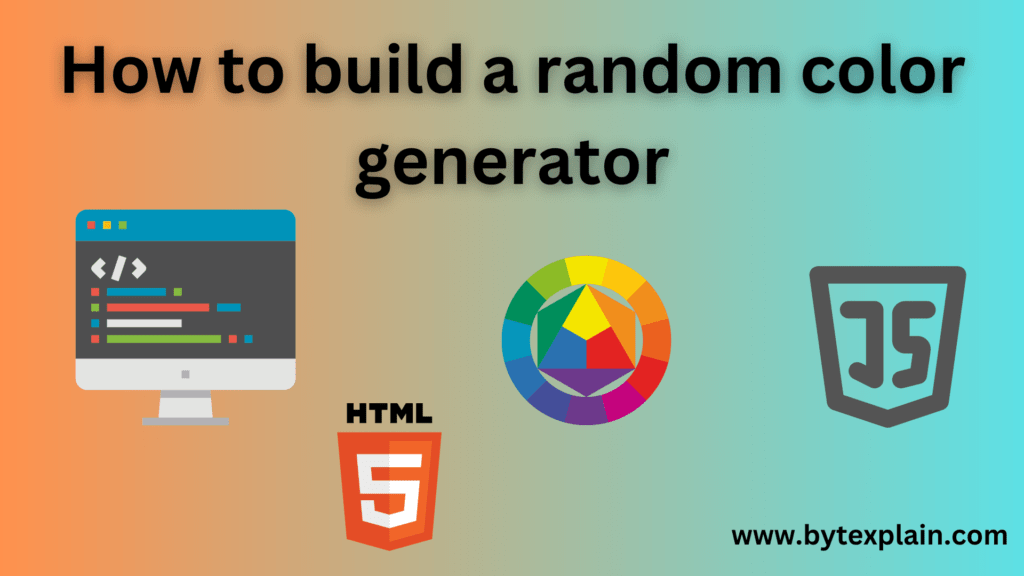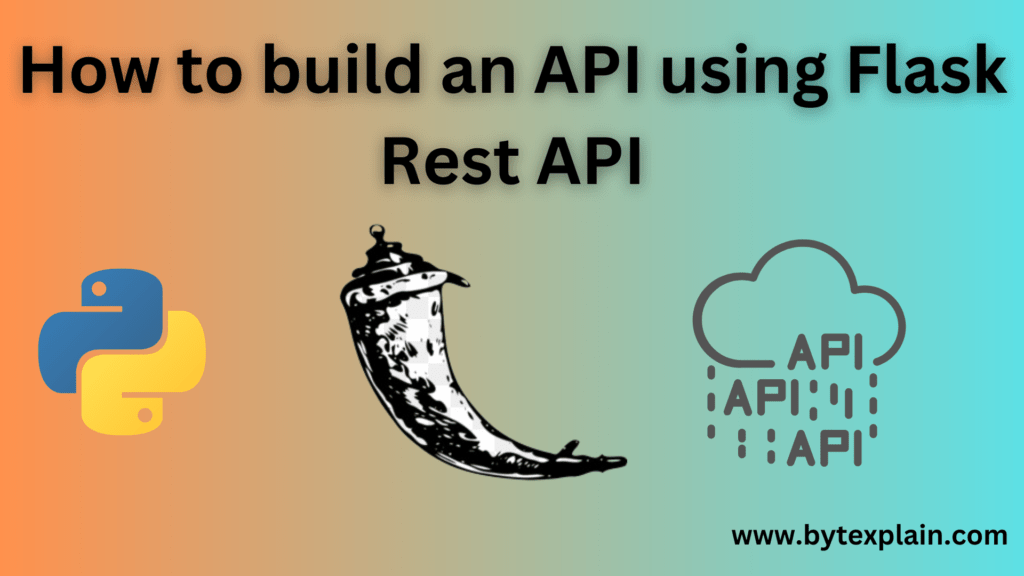When it comes to programming, the right code editor can significantly boost productivity and efficiency. A code editor is an essential tool for developers, offering a clean interface for writing and managing code while providing features like syntax highlighting, code completion, and version control. With a wide variety of code editors available, choosing the best one can be daunting. In this blog, we’ll explore the 10 best code editors that cater to different coding needs, whether you’re a beginner or a seasoned developer.
Table of Contents
1. Visual Studio Code (VS Code)
Visual Studio Code, commonly known as VS Code, is one of the most popular code editors in the developer community. It’s a free, open-source editor developed by Microsoft and supports a wide range of programming languages. Some of its key features include IntelliSense (smart code completion), built-in Git integration, and a powerful extension marketplace. Whether you’re working on JavaScript, Python, or C++, VS Code offers an excellent development environment.

- Pros: Lightweight, highly customizable, extensive extensions.
- Cons: Can become slower with many extensions installed.
Read Also : Top 20 Social Media Apps You Should Know in 2024
2. Sublime Text
Sublime Text is a sophisticated code editor known for its speed, simplicity, and smooth user interface. It supports numerous programming languages and is highly customizable with various plugins. Sublime’s “Goto Anything” feature lets you quickly navigate to files, lines, or symbols, making it a favorite for developers who prioritize speed.

- Pros: Fast, lightweight, distraction-free interface.
- Cons: The free version has periodic prompts to purchase a license.
3. Atom
Atom, developed by GitHub, is a free, open-source code editor that is highly customizable. It offers real-time collaboration features through the Teletype extension, making it great for team-based coding. Atom supports multiple languages and comes with built-in Git and GitHub integration, providing a smooth experience for version control.

- Pros: Built-in Git integration, collaborative coding.
- Cons: Can be slower compared to other code editors for large projects.
4. Notepad++
Notepad++ is a free, open-source code editor that is lightweight and straightforward, making it a great option for beginners or those who need a basic editor without extra frills. It supports several programming languages, and its small memory footprint ensures quick performance even on older machines.

- Pros: Lightweight, portable, easy to use.
- Cons: Lacks some advanced features of more modern code editors.
5. JetBrains IntelliJ IDEA
IntelliJ IDEA is a powerful IDE (Integrated Development Environment) by JetBrains, widely regarded as one of the best code editors for Java development. Although primarily focused on Java, it also supports a variety of other languages through plugins. IntelliJ offers intelligent code completion, refactoring tools, and in-depth analysis of code, making it a favorite among professional developers.

- Pros: Rich feature set, excellent for Java development.
- Cons: Resource-heavy, expensive for the paid version.
6. Brackets
Brackets is an open-source code editor that focuses on web development. It offers features like live preview, allowing developers to see changes in the browser in real-time as they code. Brackets also supports preprocessor languages like SCSS and LESS, making it a great choice for front-end developers working with HTML, CSS, and JavaScript.

- Pros: Live preview, preprocessor support.
- Cons: Limited to front-end development, lacks advanced features.
7. Vim
Vim is a powerful, highly customizable code editor that runs in the terminal. It’s favored by experienced developers who value speed and efficiency, as Vim allows for extensive keyboard shortcuts and commands. While it has a steep learning curve, Vim offers unmatched speed once mastered.
- Pros: Extremely fast, fully customizable.
- Cons: Difficult to learn, not user-friendly for beginners.
8. PyCharm
PyCharm, developed by JetBrains, is an IDE specifically designed for Python development. It provides code analysis, a smart debugging tool, and seamless integration with Python frameworks like Django and Flask. PyCharm’s professional edition offers additional features, such as web development and database support, making it a comprehensive code editor for Python developers.

- Pros: Best for Python, great debugging tools.
- Cons: Heavy on system resources, expensive for the professional edition.
9. Eclipse
Eclipse is a well-established IDE, particularly popular among Java developers. However, it also supports other languages through plugins, making it a versatile choice. Eclipse offers a vast range of features, including code refactoring, Git integration, and real-time error checking, making it suitable for large-scale projects.
- Pros: Comprehensive feature set, multi-language support.
- Cons: Resource-intensive, complex interface.
10. GNU Emacs
GNU Emacs is a highly extensible code editor known for its flexibility. It allows developers to customize their environment extensively through Emacs Lisp scripting. Emacs supports a wide range of programming languages and can be turned into a full-fledged IDE with the right configuration.

- Pros: Highly customizable, supports many languages.
- Cons: Steep learning curve, requires customization for optimal use.
Conclusion
Choosing the right code editor depends on the type of development work you do and your personal preferences. While tools like VS Code and Sublime Text offer a great balance between simplicity and functionality, others like IntelliJ IDEA and PyCharm are designed to cater to specific programming languages or development tasks. Whether you’re a front-end developer, a Python enthusiast, or a Java programmer, there is a code editor on this list that can meet your needs.
Each code editor has its unique strengths and weaknesses, so it’s essential to experiment and find the one that best fits your workflow. As new features and updates are constantly being added, staying informed about the latest developments in code editors can enhance your coding efficiency and productivity.





